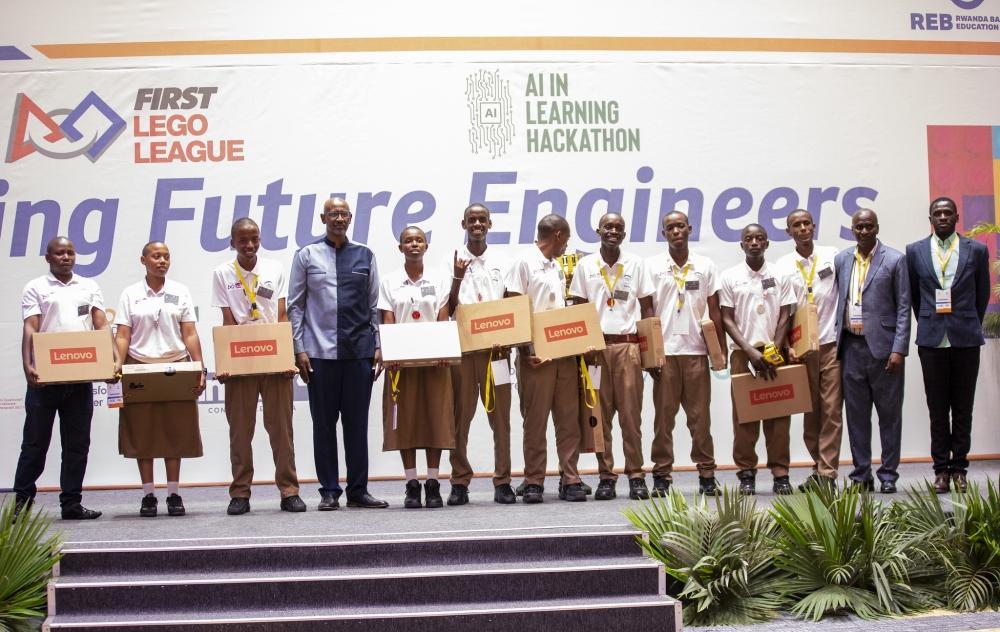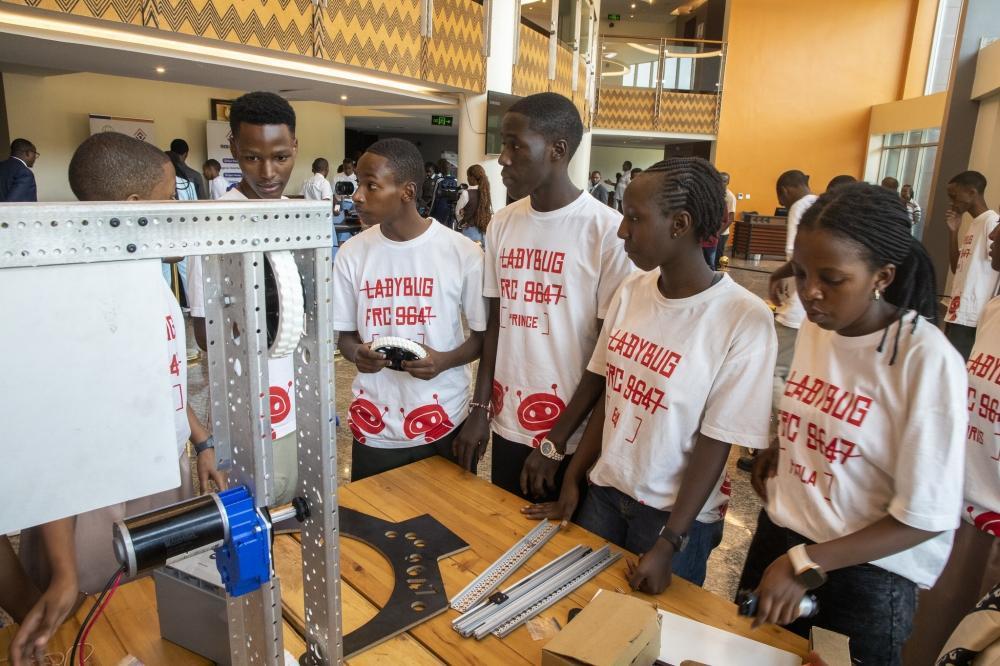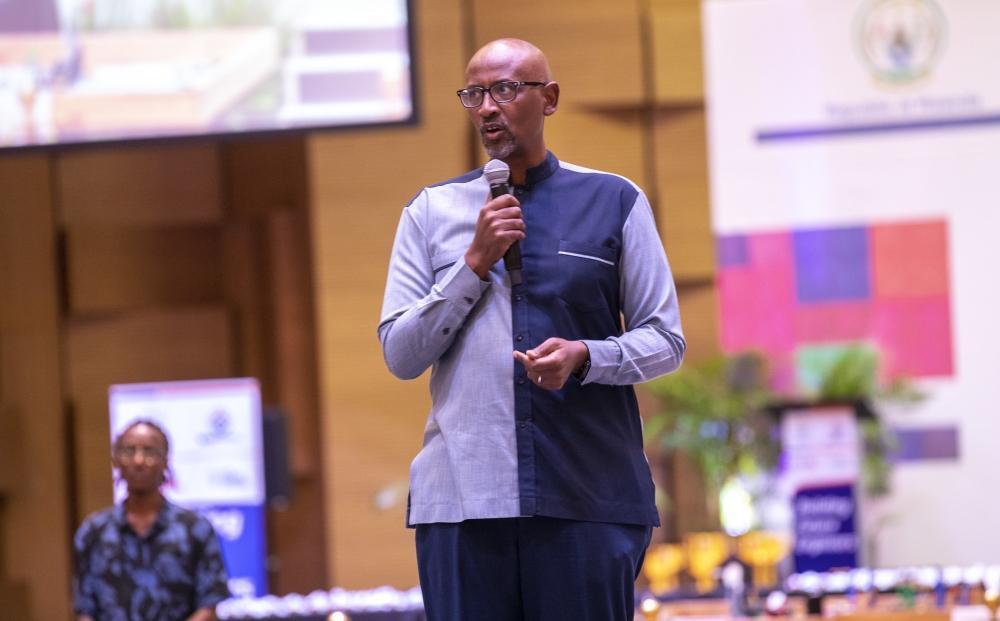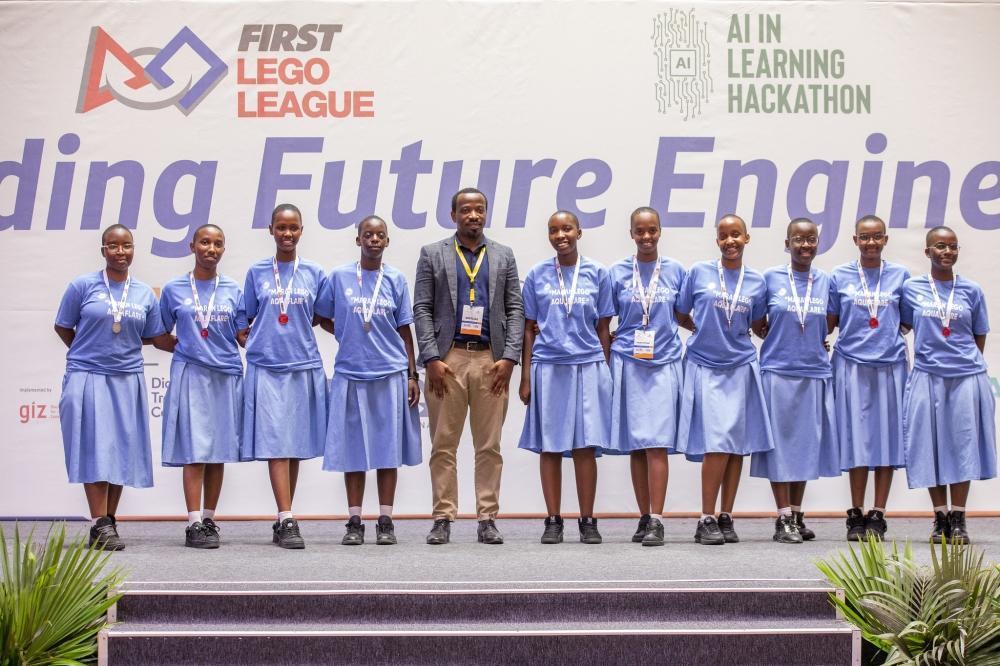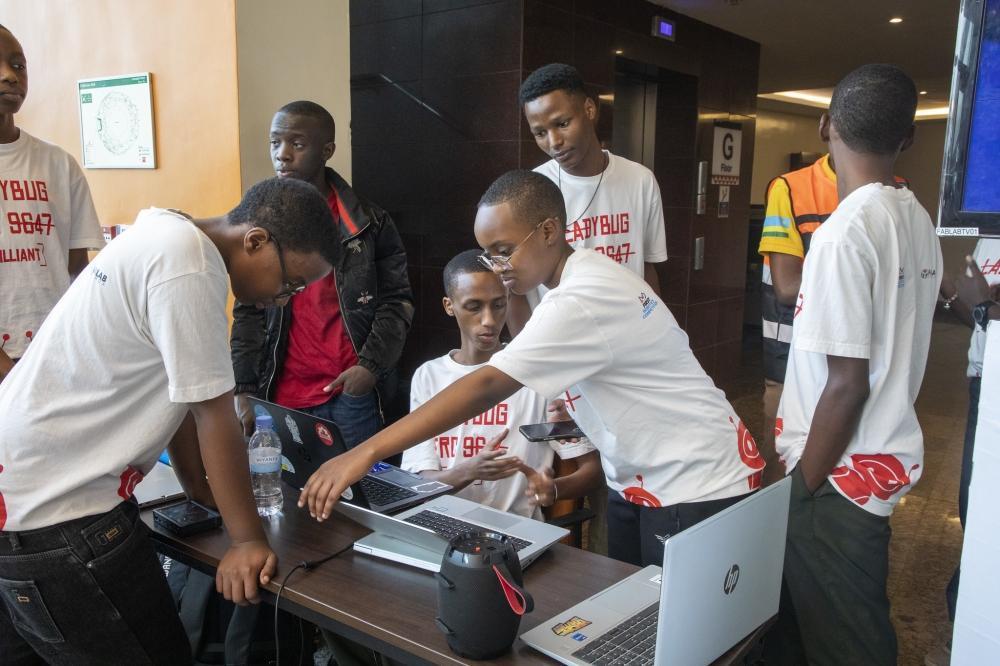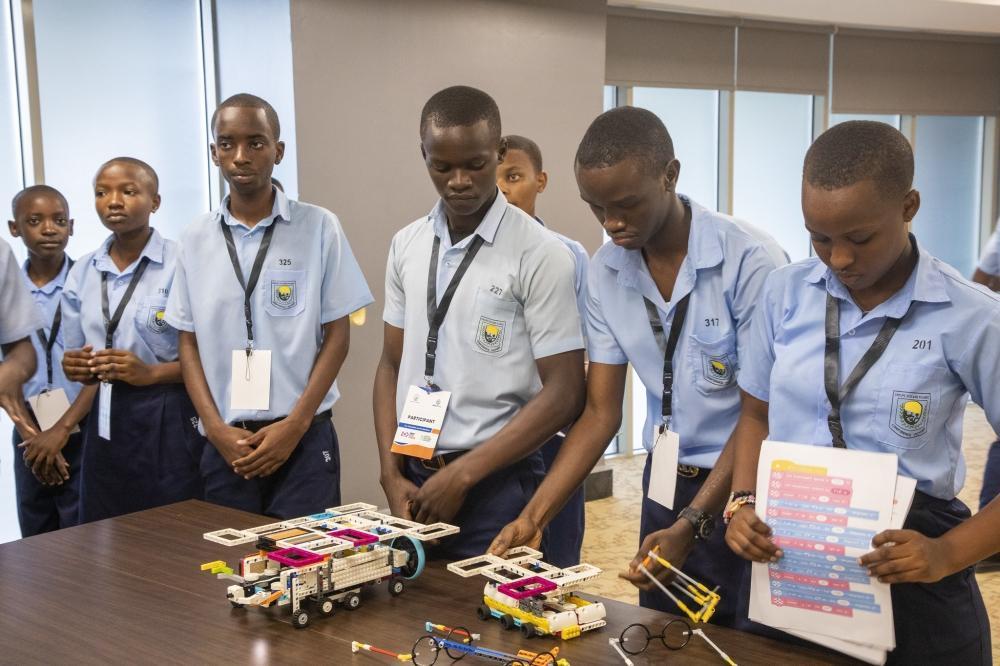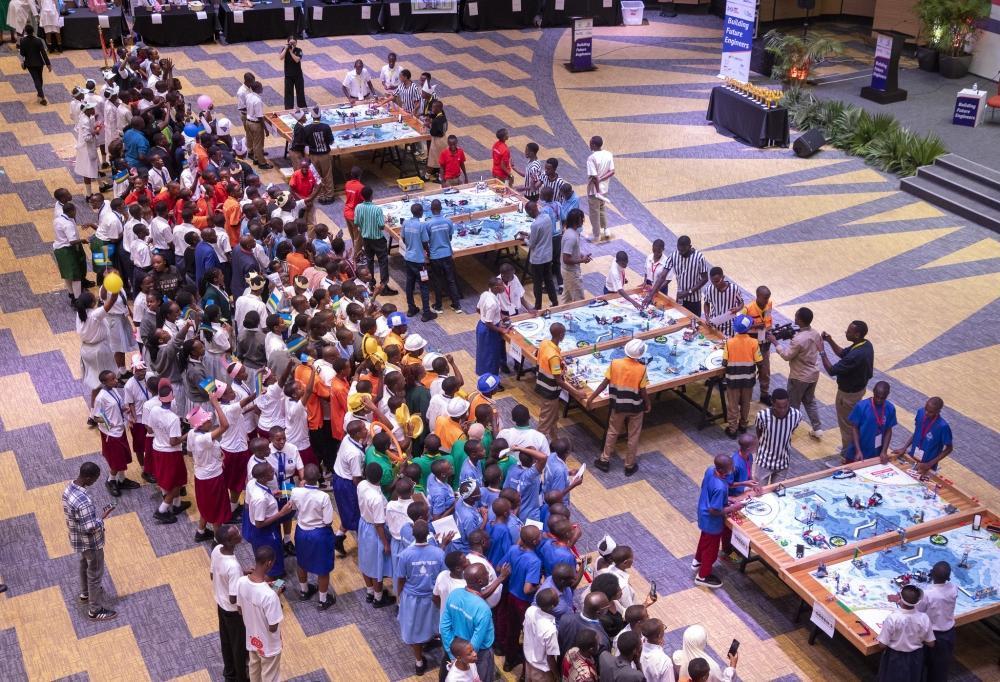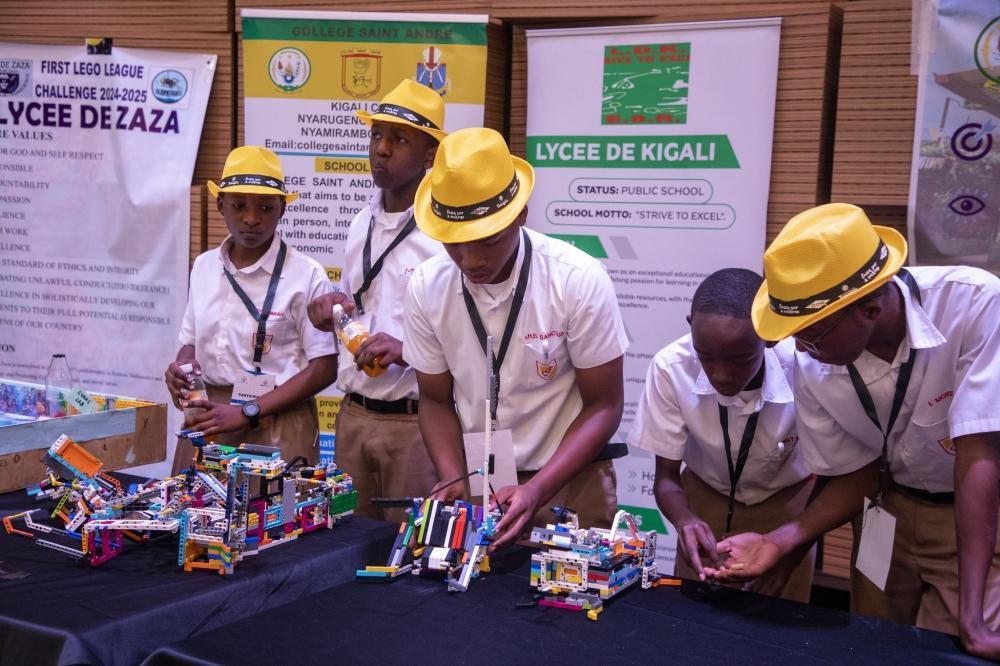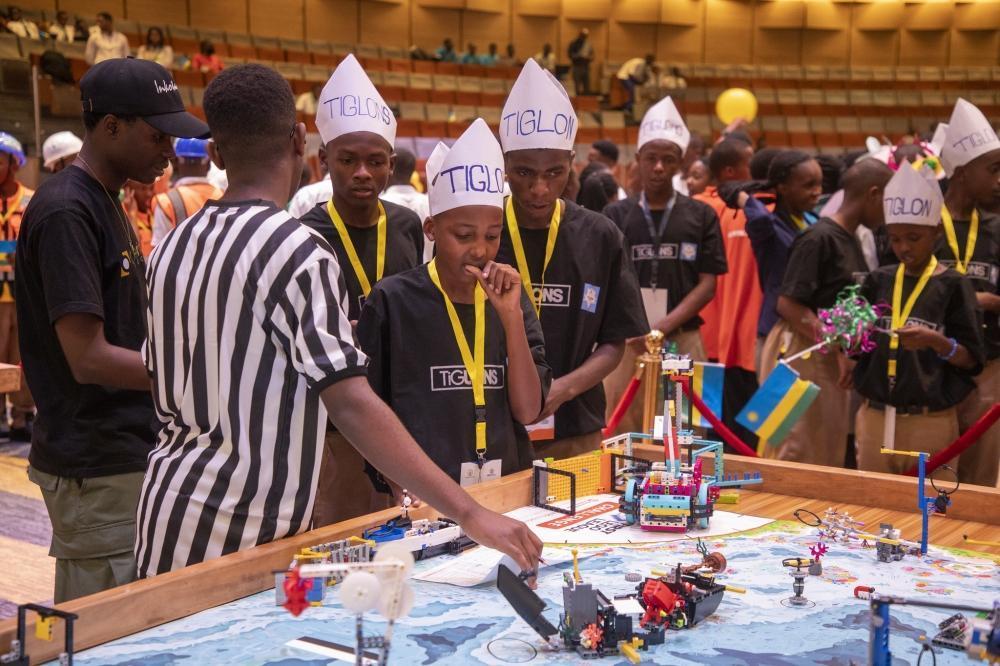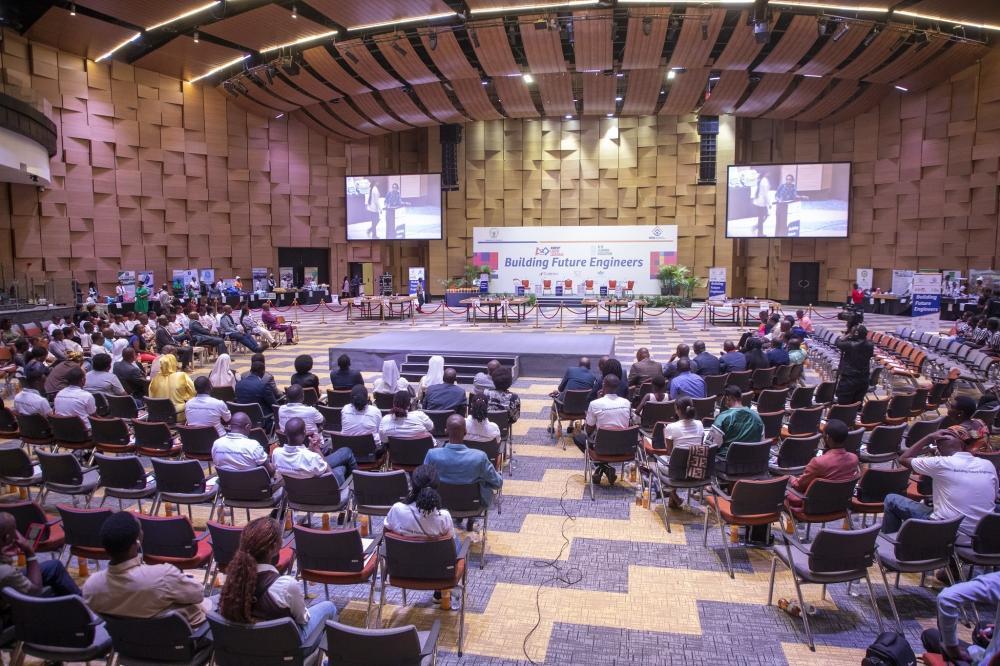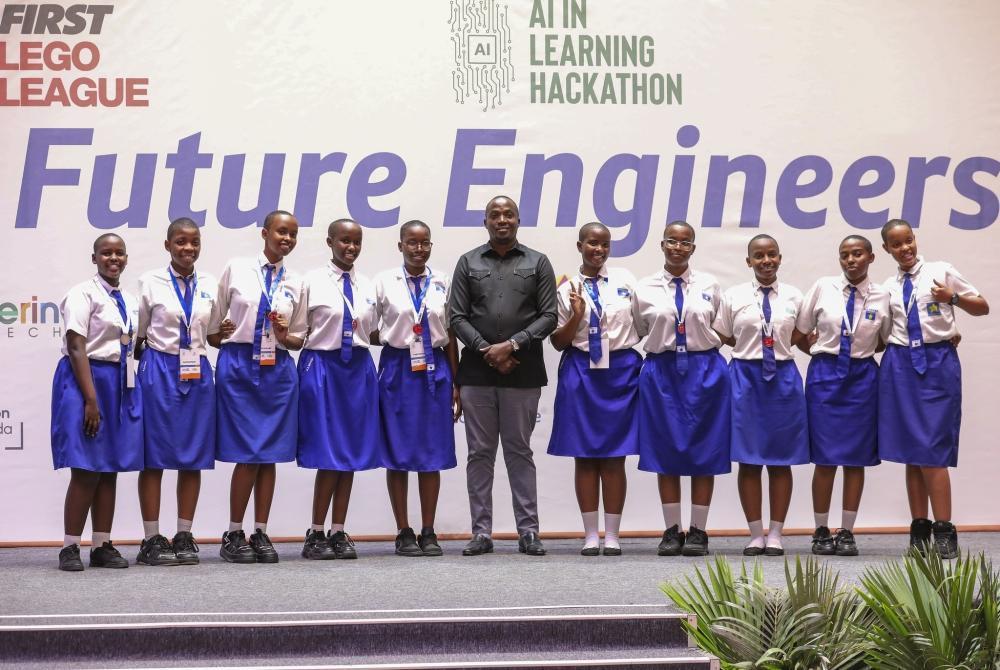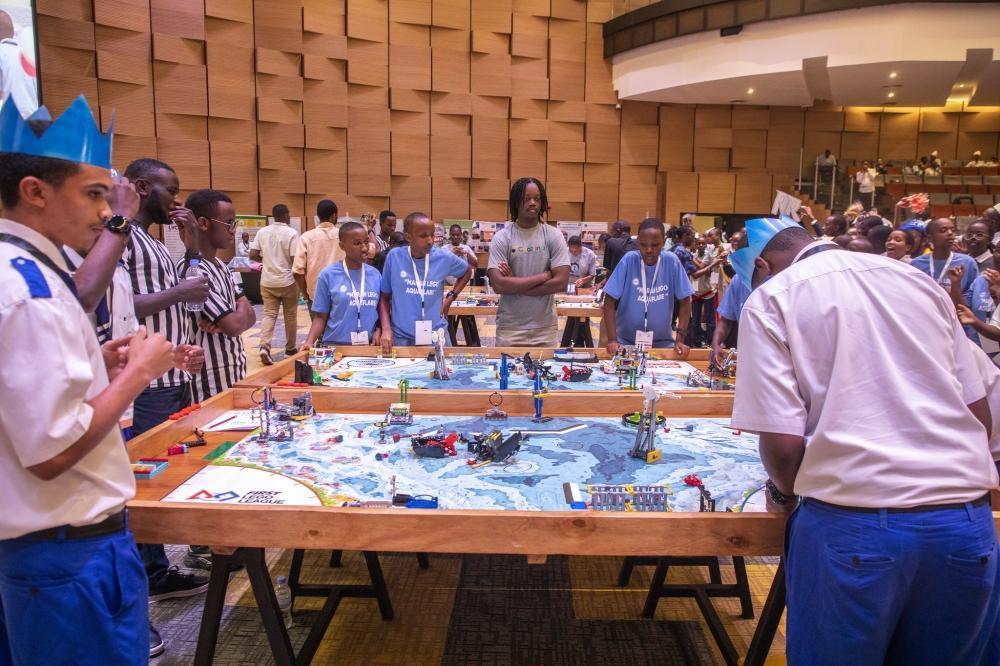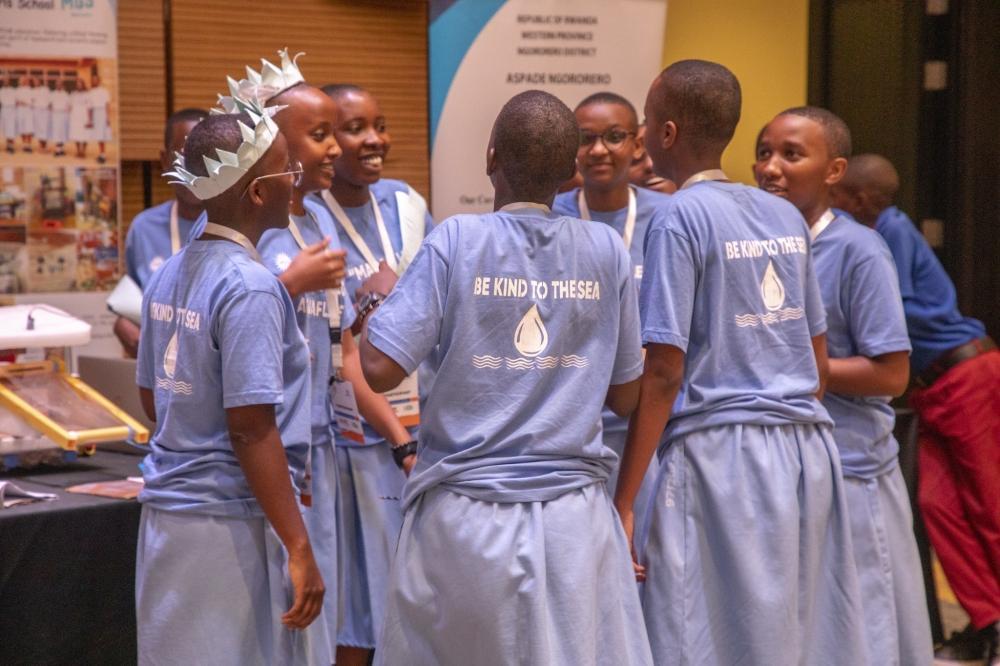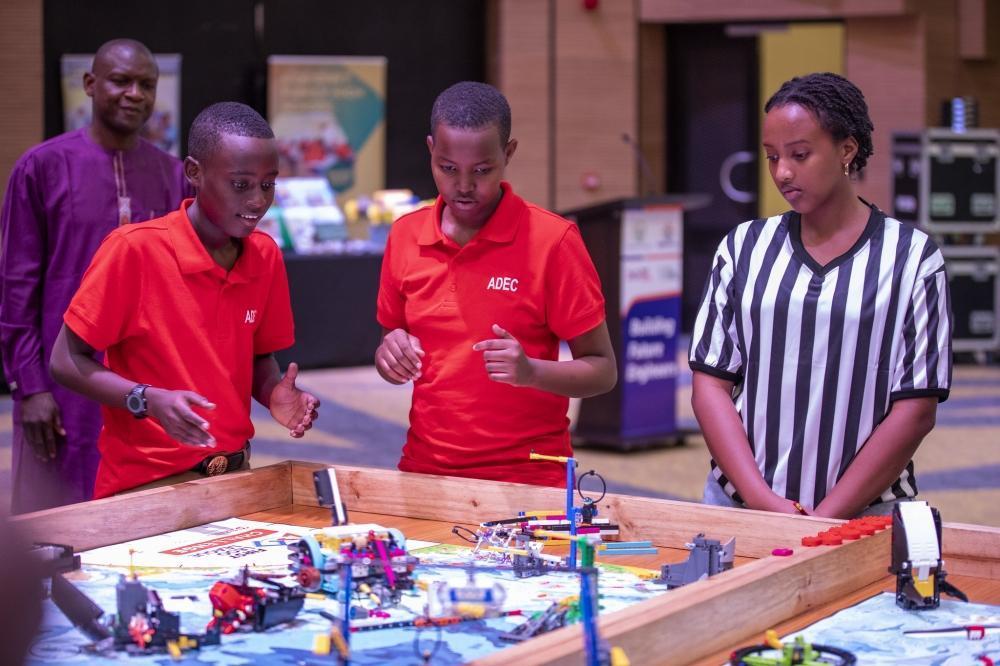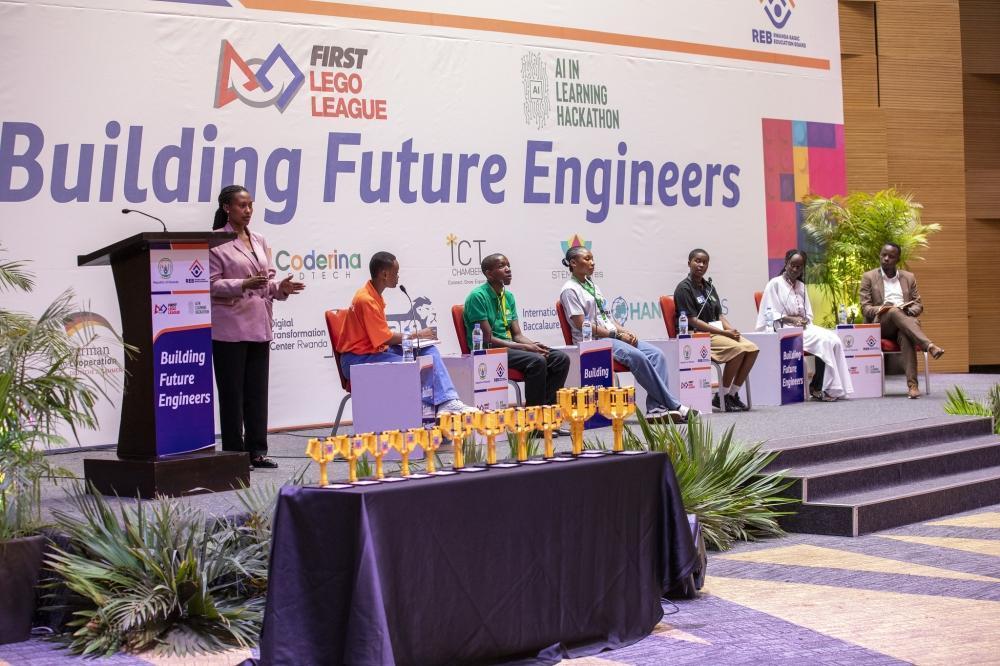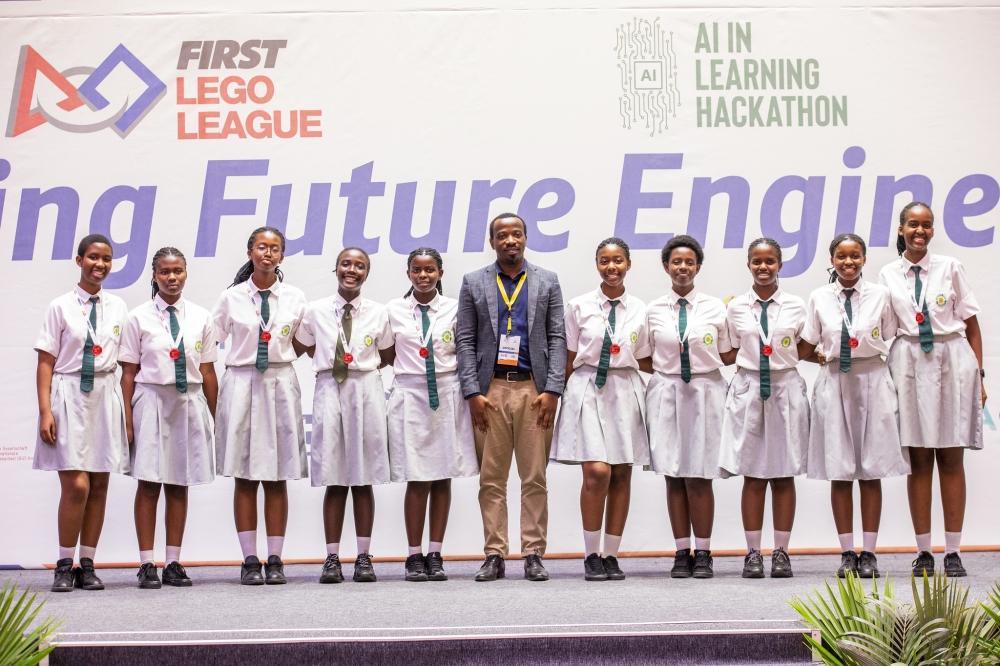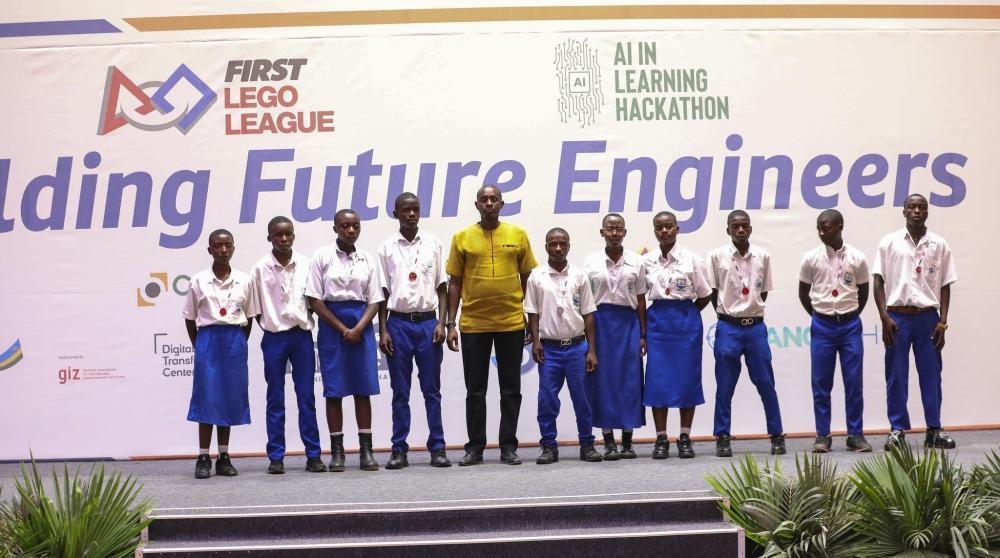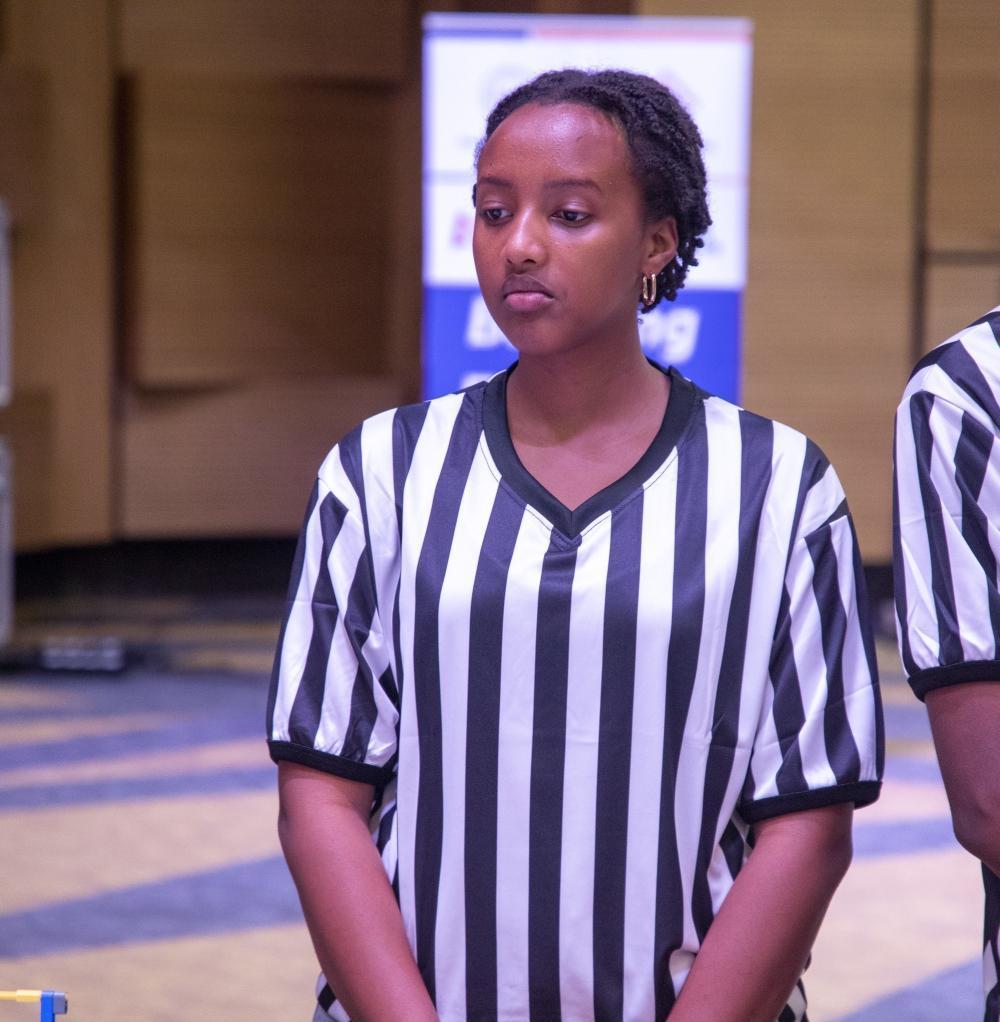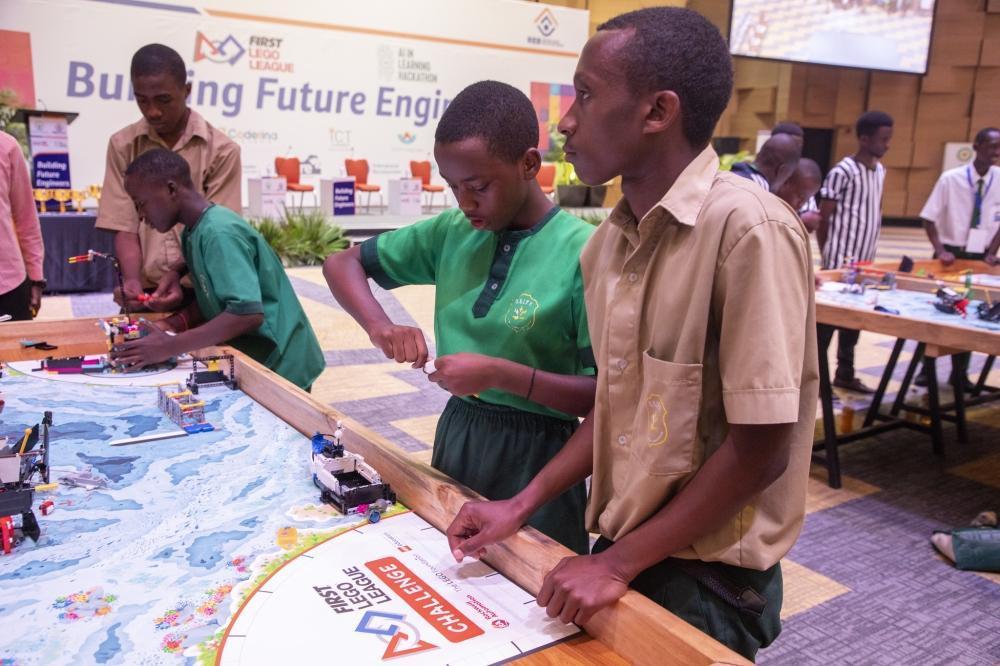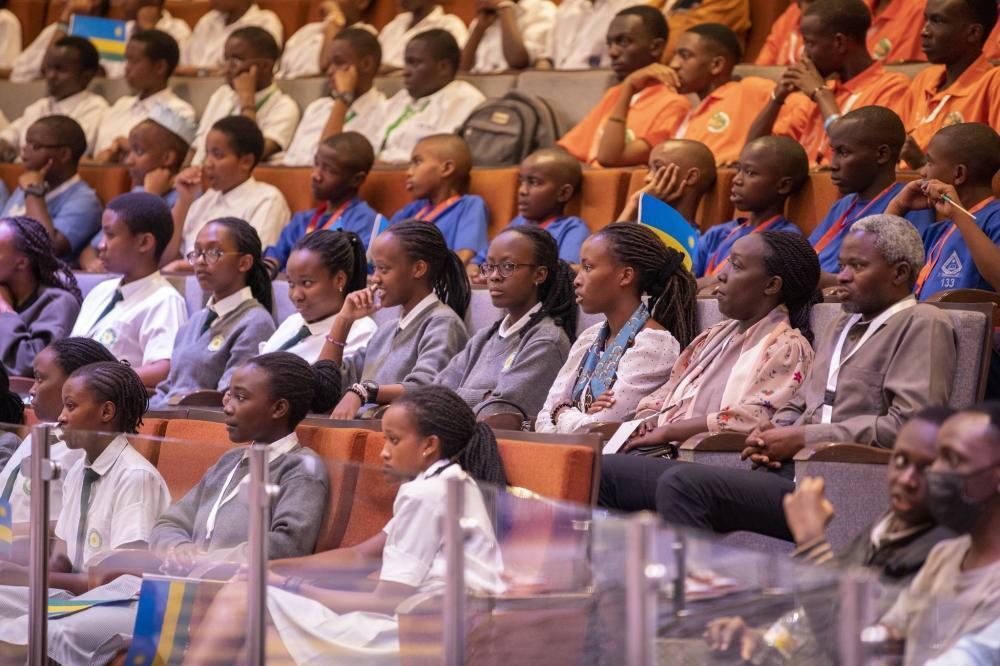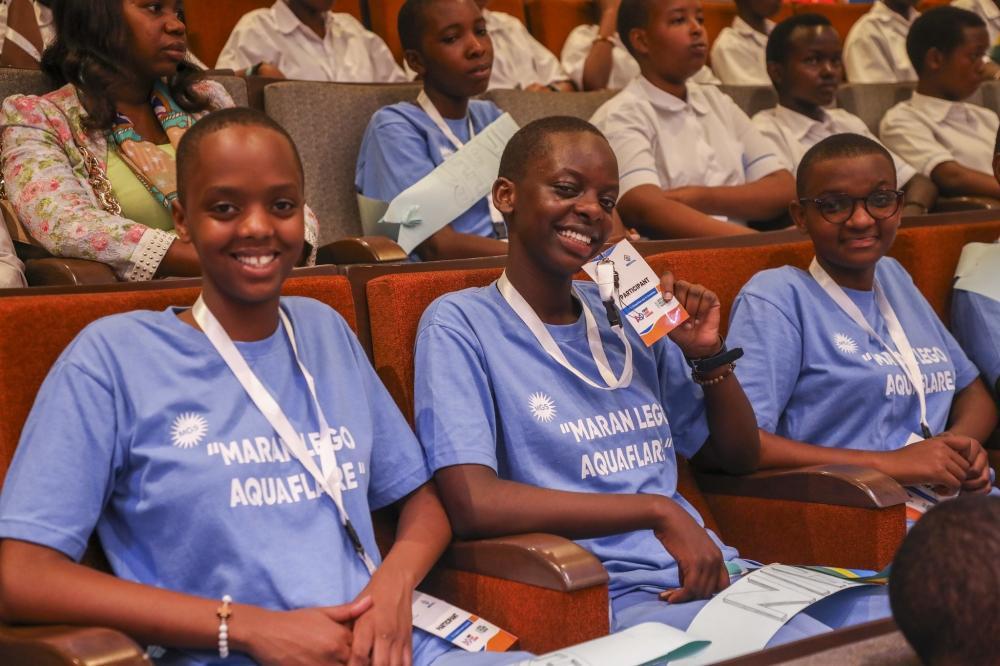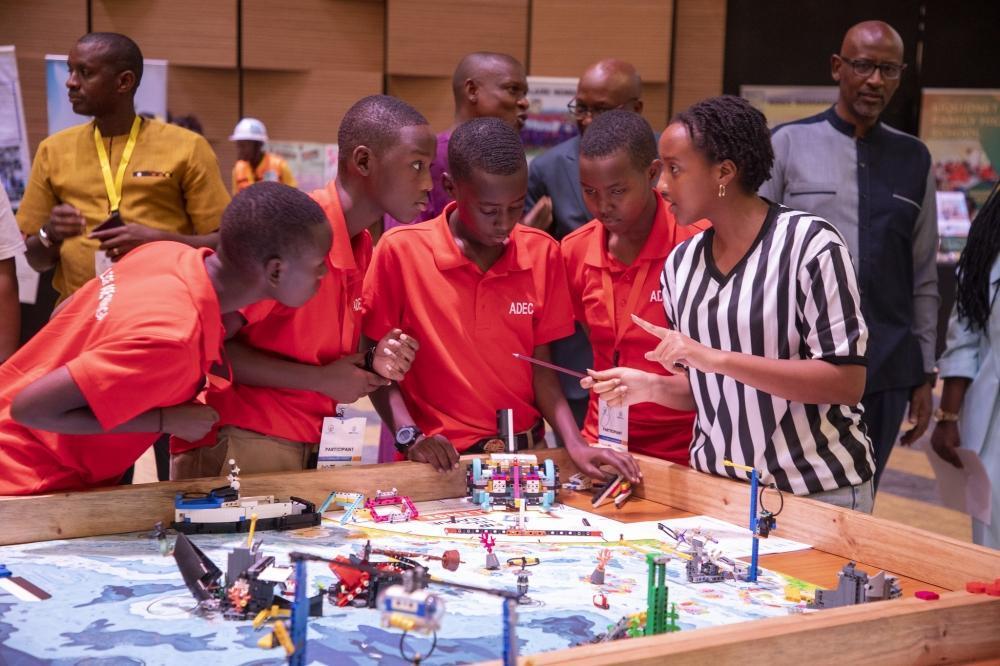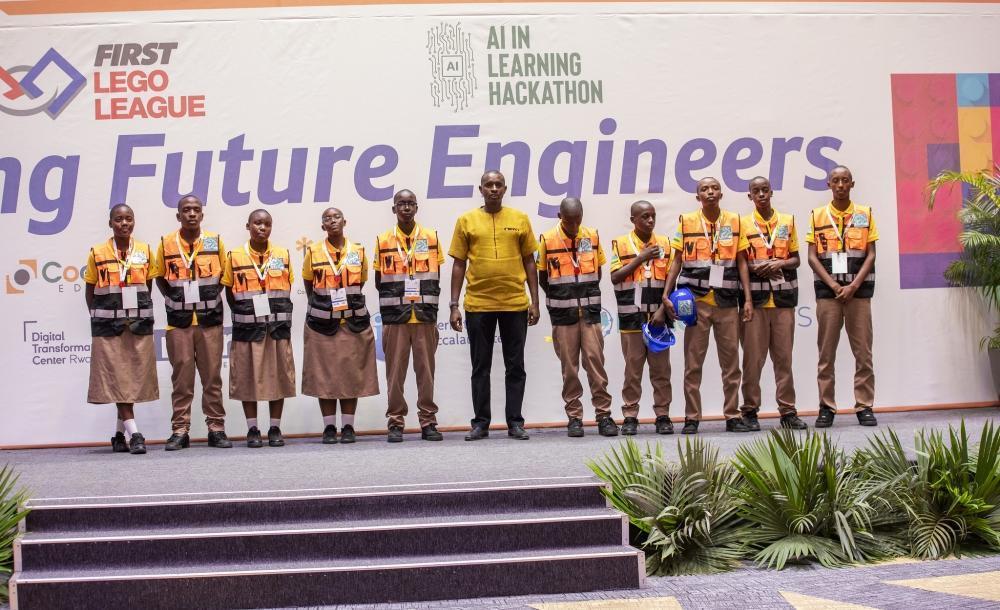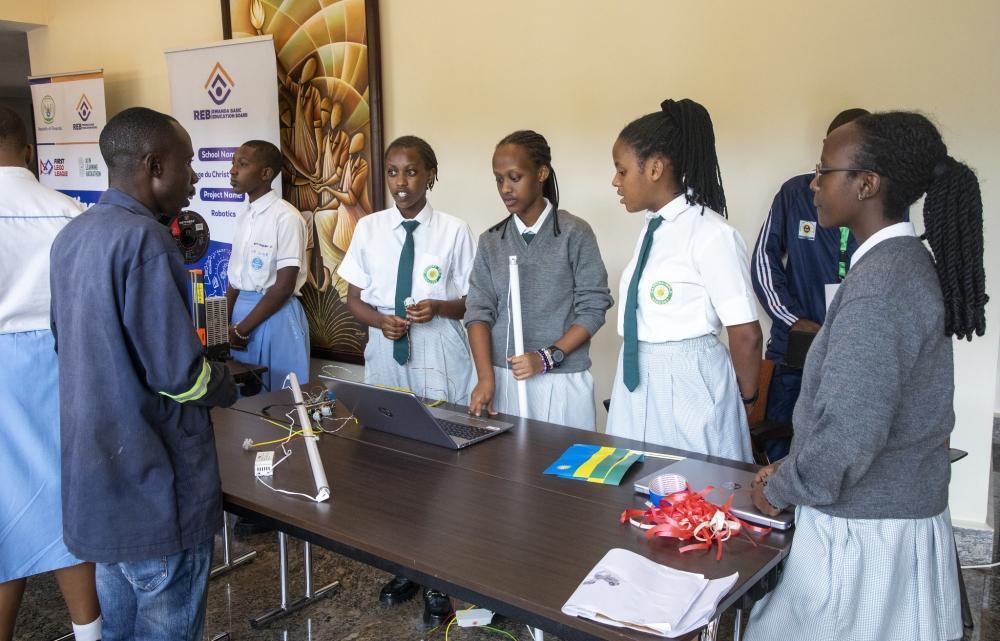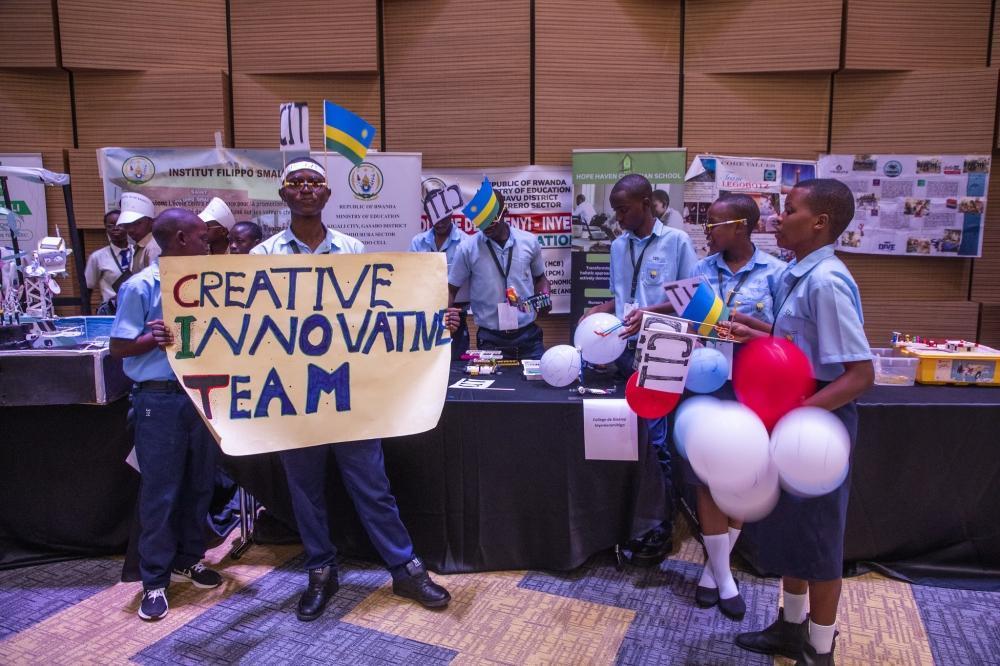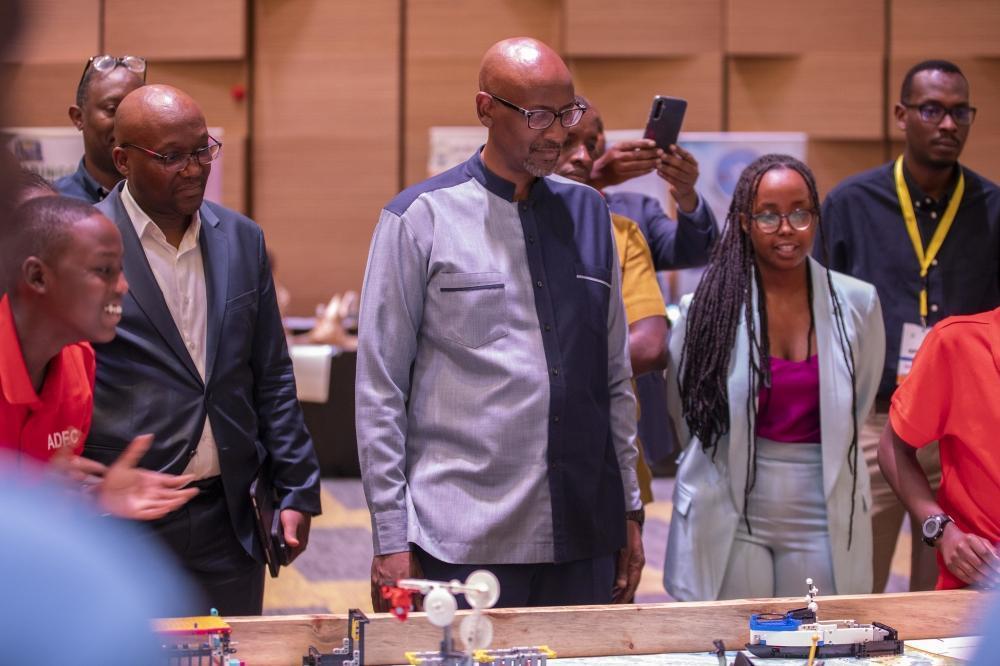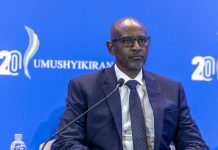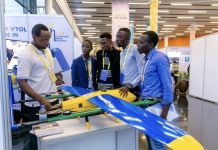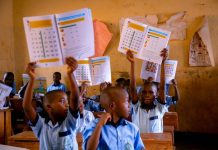Africa-Press – Rwanda. Groupe Scolaire Officiel de Butare was awarded the national championship title in the First Lego League (FLL), while Ecole des Sciences Byimana emerged as the winners in the AI Hackathon challenge at the grand finale held on Sunday, March 2 at Intare Conference Arena.
In the international FLL category, Queen’s College Nigeria emerged as the champions.
A significant milestone in this year’s competition was the first-time participation of students with special needs. The Educational Institute for the Blind in Kibeho took part in the challenge and won the Innovative Project Award.
The national winners of the First Lego League will represent Rwanda at the international competition in the United States, while the winners of the AI Hackathon will head to Switzerland.
In recognition of their achievements, all winning teams received laptops to further support their education and innovation.
The FLL programme is an internationally recognised initiative that challenges students to explore real-world problems, research solutions, and build and program educational robots to accomplish specific missions.
The AI Hackathon was designed for secondary schools, with the aim of introducing students to the world of artificial intelligence
The AI Hackathon was designed for secondary schools, with the aim of introducing students to the world of artificial intelligence, providing them with hands-on skills to solve real-world challenges using technology and inspiring them to explore the fields of science, technology, engineering and mathematics (STEM).
The Minister of Education, Joseph Nsengimana also emphasised the importance of these competitions in improving student learning and innovation.
“The primary goal of these competitions is to enable students to apply what they have learned. When students engage in these activities, they use LEGO kits to build robots and practice coding. This not only enhances their coding skills but also introduces them to artificial intelligence while they study,” he said.
However, he acknowledged that limited availability of kits in schools remained a key challenge.
The Minister of Education, Joseph Nsengimana also emphasised the importance of these competitions in improving student learning and innovation
“We aim to have more schools participate, but there is still a challenge in securing enough kits. In the schools where this programme is implemented, students take it seriously and acquire valuable, in-demand skills,” Nsengimana noted.
To address this issue, the government is exploring ways to manufacture the kits locally. “Increasing the number of kits remains a challenge, but we are working on producing them in Rwanda. This would lower costs and allow more schools to take part in these competitions,” he added.
Ellie Mugabire Isheja, a student from Groupe Scolaire Officiel de Butare, expressed excitement after his team won the FLL challenge.
“Our project is a small, unmanned underwater vehicle that collects and transmits real-time information about underwater conditions. It has a camera for capturing visuals and sensors that facilitate research and improve underwater exploration,” Isheja said.
“Winning this competition is an incredible achievement for us. It will help us grow in our field and expand our knowledge. Creating these robots requires machines, coding programmes, and research.”
He added that the laptops they got would be instrumental in accessing information online, enhancing their understanding of robotics, and contributing to technological advancements in the country.
Axel Ganza from Ecole des Sciences Byimana and a member of the winning AI Hackathon team, shared insights about their project aimed at supporting farmers.
“Our project was designed to help farmers struggling with crop diseases by providing them with an AI-powered solution. Farmers can upload a picture of the affected crop, and the AI system analyses the image to diagnose the disease. The app then provides treatment recommendations, weather updates, and other agricultural insights,” Ganza explained.
He thanked the government for introducing the programme, which allows them to use AI to solve real-world problems.
For More News And Analysis About Rwanda Follow Africa-Press

